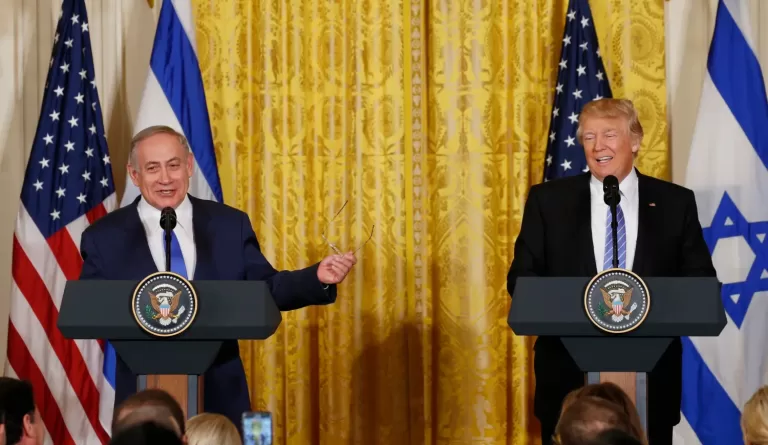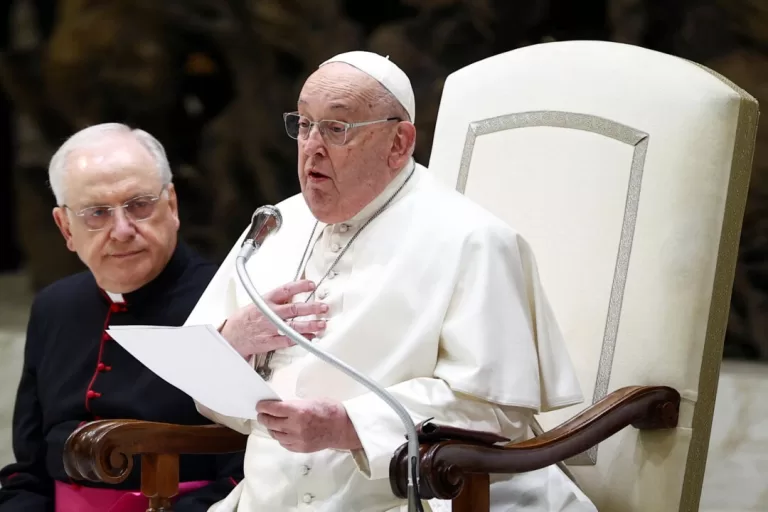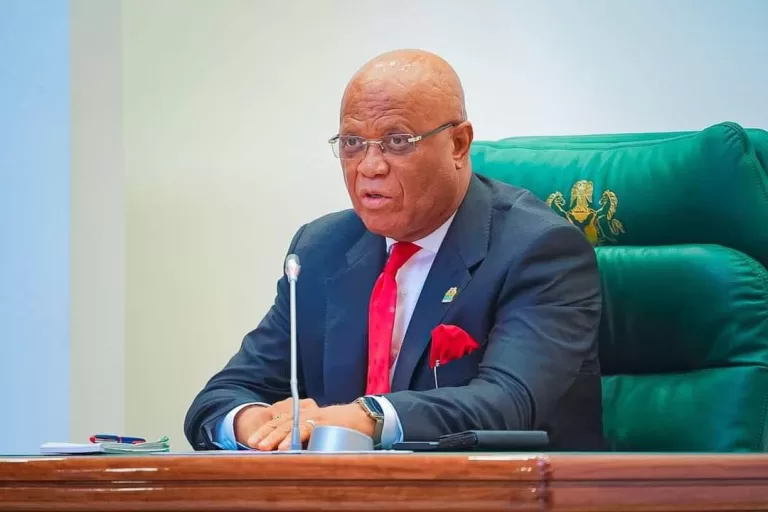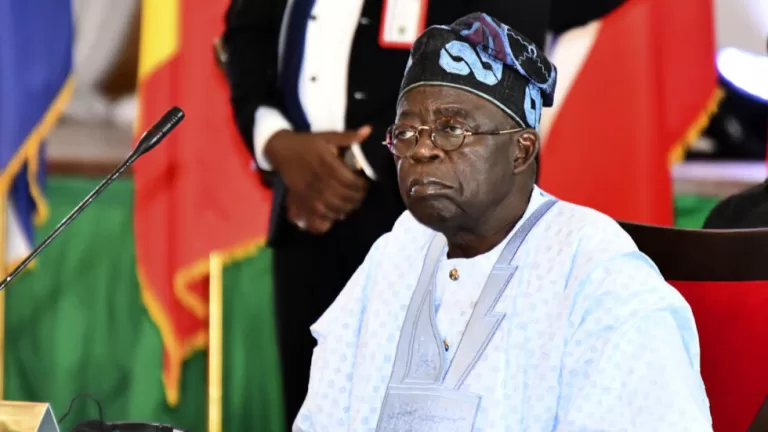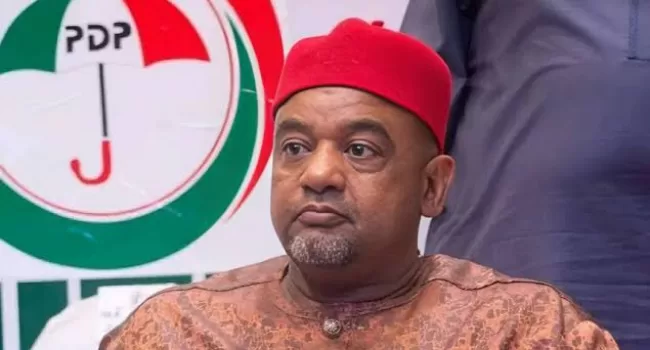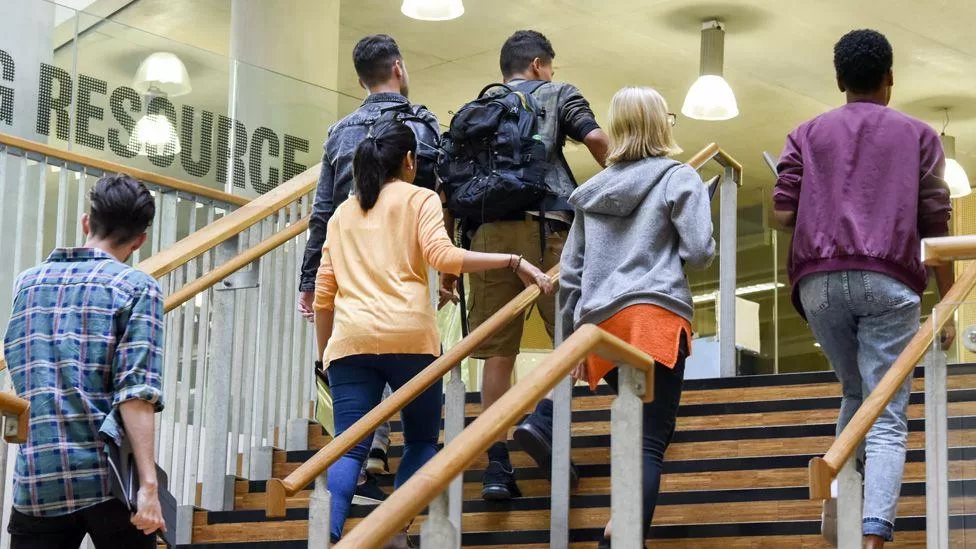
Hundreds of international students across the United States are being swept up in an aggressive visa revocation campaign, prompting concerns of due process violations, racial profiling, and a dangerous precedent in U.S. immigration enforcement.
The sudden revocations, which have intensified under the Trump administration’s hardline immigration policies, are affecting students many of whom say they were never informed of any wrongdoing or given a chance to respond. Immigration attorneys, universities, and advocacy groups warn that the actions mark a dramatic departure from long-standing norms governing student visas.
“Do not attempt to remain in the United States. The federal government will find you,” read a chilling email reportedly sent from the Department of Homeland Security (DHS) to affected students, according to immigration attorney Nicole Micheroni.
Some students were allegedly detained without warning. Others only learned of the visa cancellations when they appeared on federal watchlists or after school officials noticed discrepancies in the Student and Exchange Visitor Information System (SEVIS) database.
In a statement issued April 4, Stanford University confirmed that four students and two recent graduates had their visas revoked. “The University learned of the revocations during a routine check of the SEVIS database,” the school said highlighting the lack of communication from federal authorities.
“This is unlike anything we’ve seen before,” said Jeff Joseph, president-elect of the American Immigration Lawyers Association. “Historically, it was up to designated school officers to initiate revocation processes in SEVIS. Now, ICE is bypassing schools entirely.”
Attorney Dustin Baxter, representing over 100 international students in a class-action lawsuit against the U.S. government, described a disturbing pattern. “Some students had never protested or committed any crime,” he told CNN. “In many cases, there wasn’t even an arrest, just a misunderstanding, an encounter, or a minor ticket. Still, their visas were stripped.”
One such case is that of Rümeysa Öztürk, a Turkish doctoral student at Tufts University. Without prior notice, ICE agents revoked her visa and placed her in handcuffs. Surveillance footage captured her “shriek[ing] in fear and confusion,” her legal team says.
The policy shift is being justified under a sweeping interpretation of immigration law. Secretary of State Marco Rubio confirmed that visa cancellations are occurring under a national security clause that allows revocations based on potential “foreign policy consequences.”
In a public statement, the State Department defended the strategy, asserting its “broad authority” to revoke visas at any time even after issuance. “We continuously monitor all visa holders. If they violate terms or pose a concern, we will revoke and deport,” the agency stated.
The abrupt enforcement, lack of transparency, and absence of formal notification to both students and universities have sparked an outcry from civil rights organizations, legal experts, and academic institutions.
As the legal battle unfolds, many of the affected students—who had built lives, careers, and academic futures in the U.S. are left in limbo or forced to return to their home countries, in some cases unsure of what went wrong.



